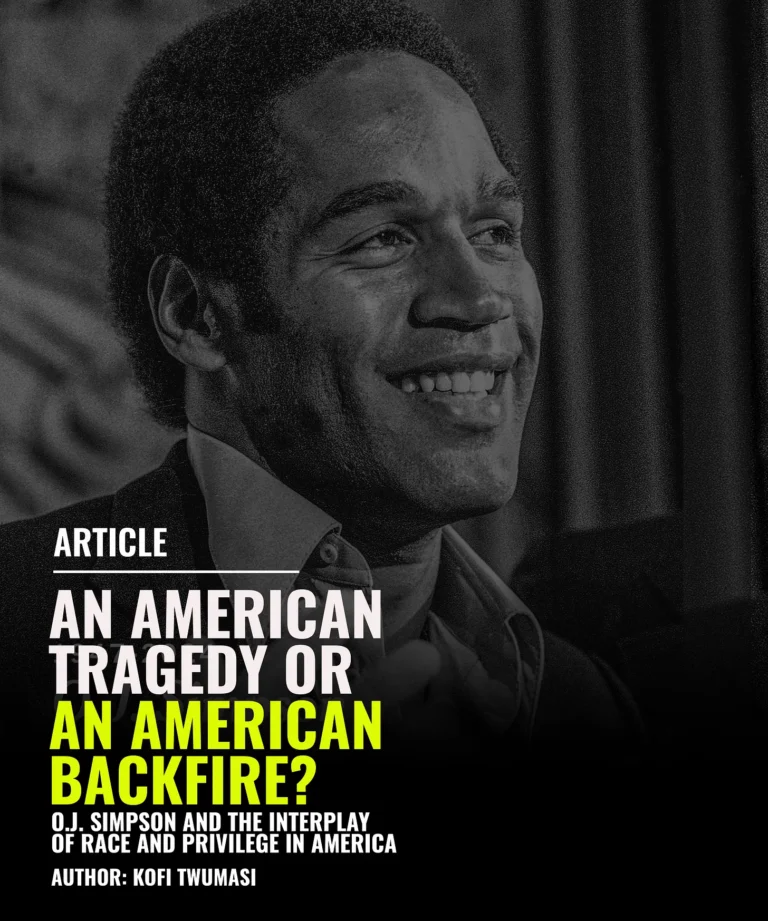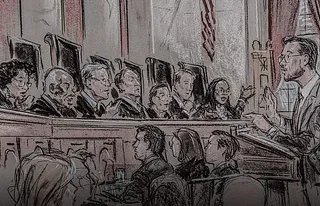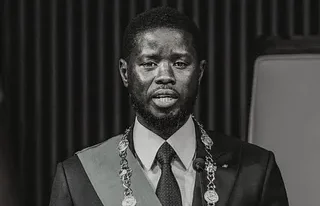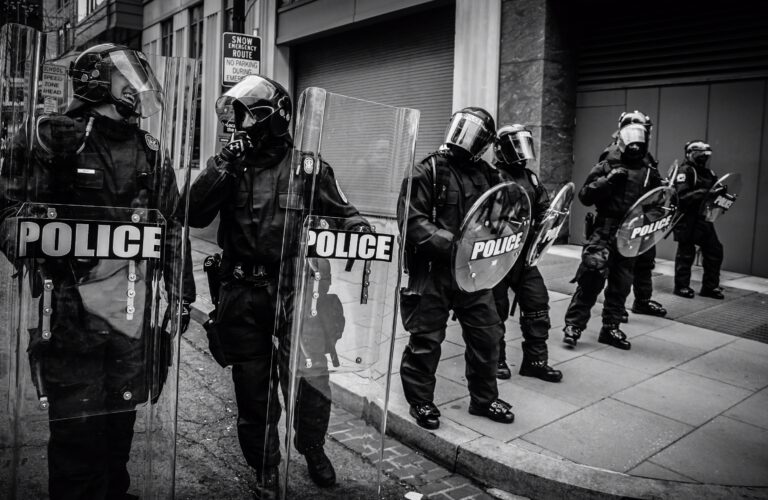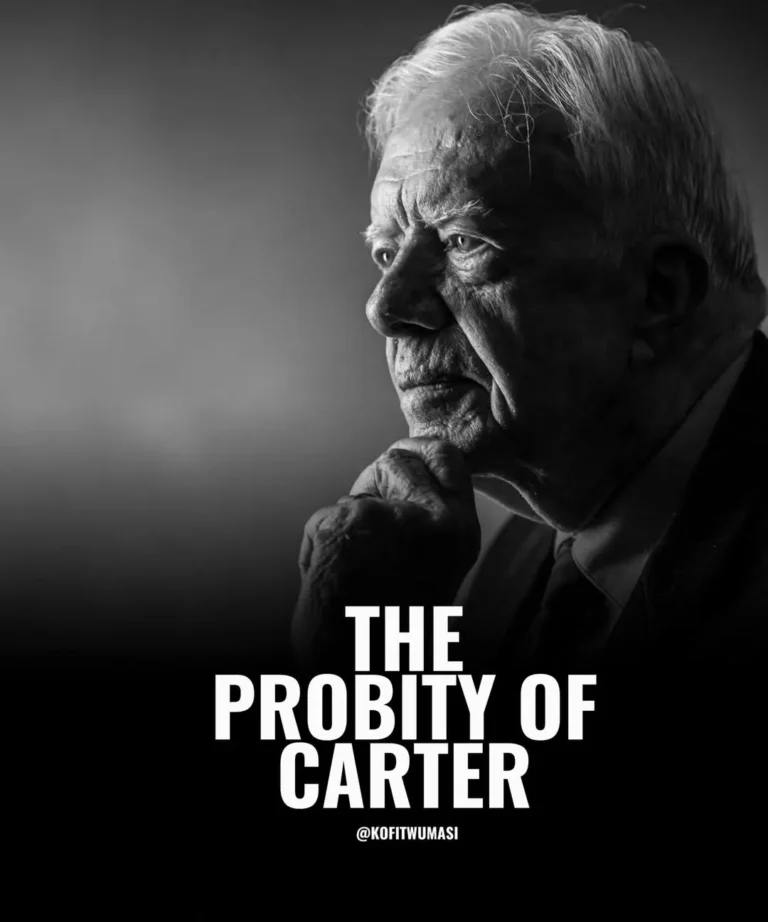The fault lines of race in O.J. Simpson’s case in 1994 have affected the public’s imagination in the aftermath of his untimely demise.
Moral ambiguity arguably hovered over and assaulted O.J.’s storied life; O.J.’s name in a myriad of guilds—whether amiably or antagonistically—invokes a litany of expressions.
With a climaxing crescendo in 1994, the moral ambiguity that hovered O.J. Simpson’s life took on a novel form.
The trial of the century exhibited a peculiar intercourse between the binary of immorality and morality: Legal jurisprudence unearthed the grave primacy of legal actors not being indiscriminatory, in according the 14th Amendment right of due process, to adversaries to an aggrieved party.
The bastion of legal jurisprudence, as palpably seen in O.J.’s case, was instructive of a court’s motif of being a hallmark of inclusion in lieu of a praxis of exclusion.
The case crystallized the legal precept of one’s presumed immoral deeds not being a lethal detriment in denying one’s existential ability to have the right of due process.
O.J.’s case was a textbook paradigm that evidence barren proof beyond a reasonable doubt (guilt) does not convict a person in a criminal proceeding.
The People (the State and the ethnic majority), in 1995 and beyond, gained a seismic awakening that privilege bestowed to the ethnic majority is not an absolutized weapon that can handicap persons of color like O.J. in a warehouse of penal servitude.
The State’s prosecutorial presentation, which consisted of witnesses who possibly engaged in false morality, in tandem with negligence regarding the DNA evidence, was instructive of a sect of the dominant society’s looming prejudice against persons of color, and by illustration—O.J. Simpson.
The dominant society’s privilege in its charged tunnel vision, sought to fashion and frame O.J. as guilty until proven innocent in lieu of innocent until proven guilty—defying the doctrine of impartiality.
White America’s enthused interest in OJ’s conviction, broached the conjecture, of whether the race of the victim being white in lieu of a melanin hue, was the dopamine factor in the ethnic majority’s acute stake in the trial.
The case of the century underscored the abyss of America’s chronic denial of racism and its unconscious and subconscious biases, which lynches persons of a melanin hue sans due process.
O.J.’s case poignantly captured—America does not need a post-racial society, America needs a post-racist society.
O.J.’s saga, sandwiched between race and white privilege, with a subsequent dubious acquittal from the prism of White America, is befitting of the nomenclature—an American backfire.
